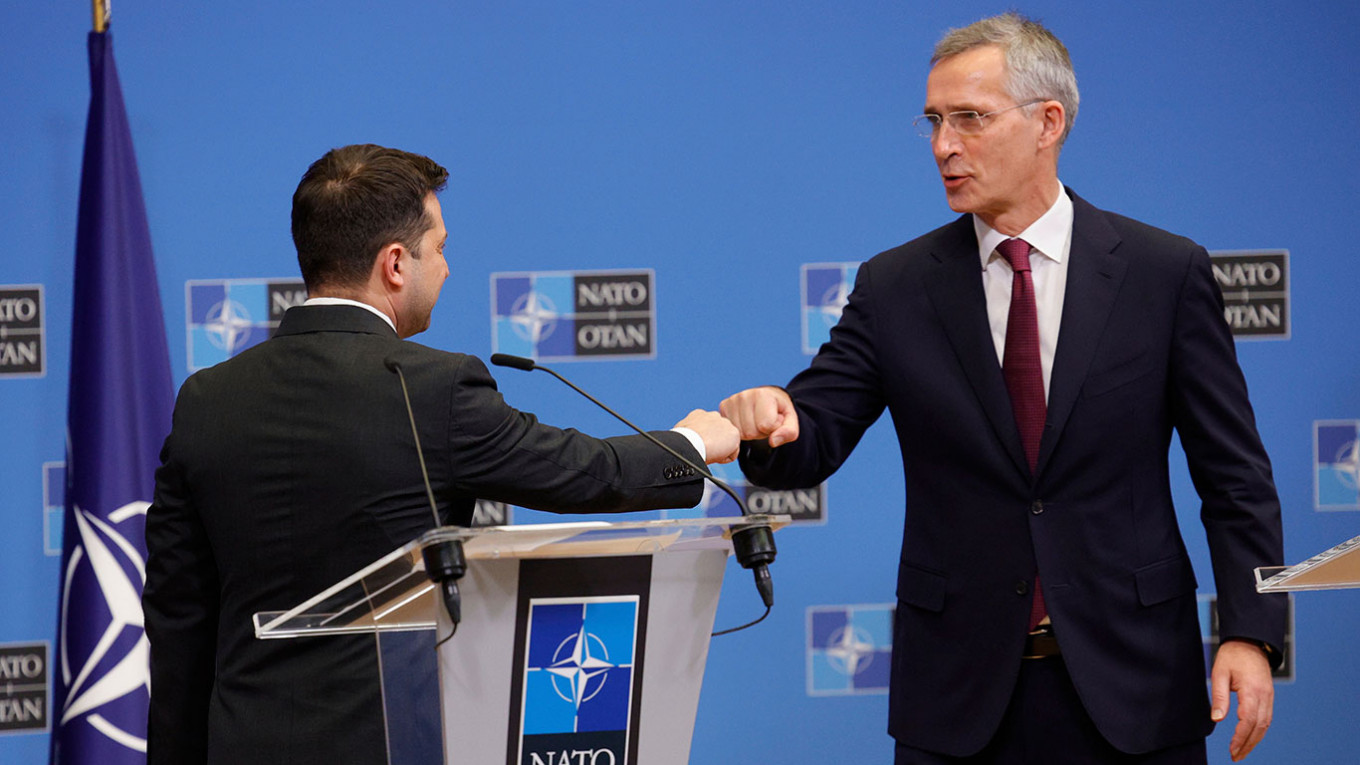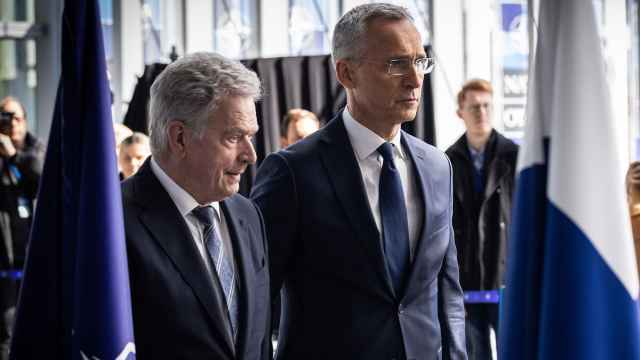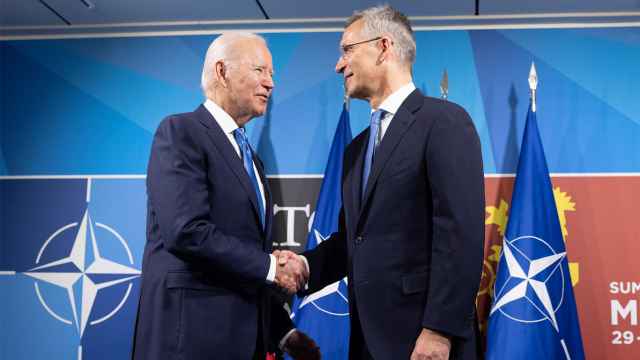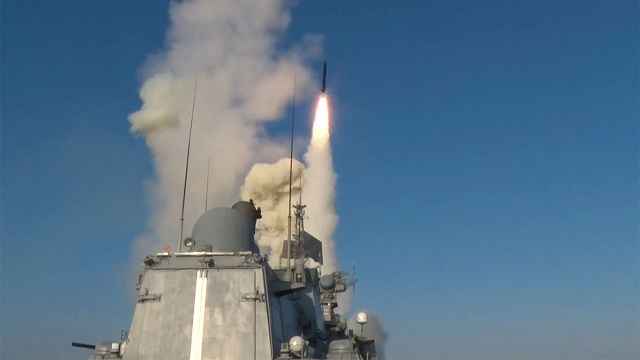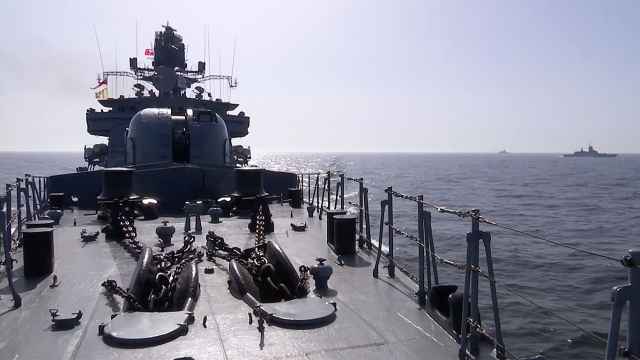Russia submitted two documents last week to the administration in Washington — drafts of security agreements with the U.S. and NATO — that, in tone and style, more resemble ultimatums than treaties.
They make the following direct demands of the U.S.:
“The United States of America shall undertake to prevent further eastward expansion of the North Atlantic Treaty Organization and deny accession to the Alliance to the States of the former Union of Soviet Socialist Republics.
The United States of America shall not establish military bases in the territory of the States of the former Union of Soviet Socialist Republics that are not members of the North Atlantic Treaty Organization, use their infrastructure for any military activities or develop bilateral military cooperation with them.”
The agreement that Russia proposes to sign with NATO includes obligations that the Alliance exclude further expansion, including the accession of Ukraine, as well as other states, and refuse to conduct “any military activity on the territory of Ukraine, as well as other states of Eastern Europe, Transcaucasia and Central Asia”.
Elsewhere, the document calls for a halt to activities that might be perceived as threatening security. “The Parties shall refrain from deploying their armed forces and armaments, including in the framework of international organizations, military alliances or coalitions, in the areas where such deployment could be perceived by the other Party as a threat to its national security, with the exception of such deployment within the national territories of the Parties.”
In other words, NATO cannot carry out military activity near Russia’s borders although Russia, on its territory near NATO’s borders, has the right to do as it sees fit.
All this simply restates what Moscow has long set out as its position and demands — most actively so in the last several weeks. The real question is why Russian leaders decided to put forward such a document knowing full well that their Western counterparts would reject it and refuse to even discuss its provisions.
For the U.S. and NATO, agreeing would mean taking the politically unacceptable step of capitulating to Moscow.
Also, why would the West suddenly feel the need for such a revolutionary revision to the post-Cold War system of European security?
Simply put, there is not enough of a threat to consider such drastic measures. Moscow, presumably, understands this, indicating that it might have a different goal in mind: to obtain a refusal of its empty gesture so that it can say, “We offered and so we’re not to blame for what we do next”.
In other words, the Kremlin is creating a pretext by which it can freely revise the existing system of relations — a step for which it apparently feels the time has come.
If this is the case, we can expect Moscow to take steps demonstrating Russia’s determination to unilaterally change the status quo.
And, because the scale of the proposals does not allow for simply accepting a refusal from the West and postponing the demands until the next round of diplomatic talks — that would undermine the credibility of the demands — the interesting thing now will be to see what the Kremlin does if it receives the negative response from the West that it apparently sought from the beginning.
A Message from The Moscow Times:
Dear readers,
We are facing unprecedented challenges. Russia's Prosecutor General's Office has designated The Moscow Times as an "undesirable" organization, criminalizing our work and putting our staff at risk of prosecution. This follows our earlier unjust labeling as a "foreign agent."
These actions are direct attempts to silence independent journalism in Russia. The authorities claim our work "discredits the decisions of the Russian leadership." We see things differently: we strive to provide accurate, unbiased reporting on Russia.
We, the journalists of The Moscow Times, refuse to be silenced. But to continue our work, we need your help.
Your support, no matter how small, makes a world of difference. If you can, please support us monthly starting from just $2. It's quick to set up, and every contribution makes a significant impact.
By supporting The Moscow Times, you're defending open, independent journalism in the face of repression. Thank you for standing with us.
Remind me later.



